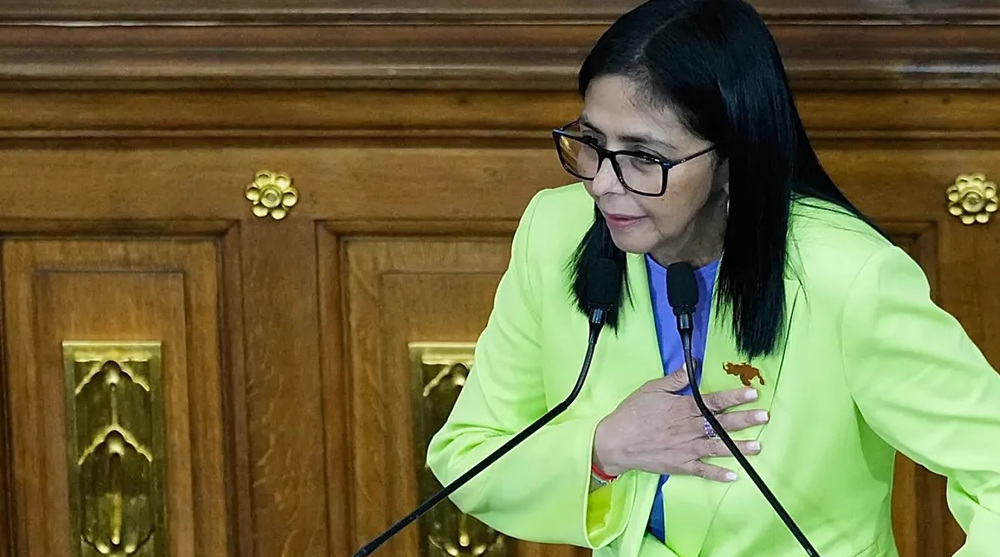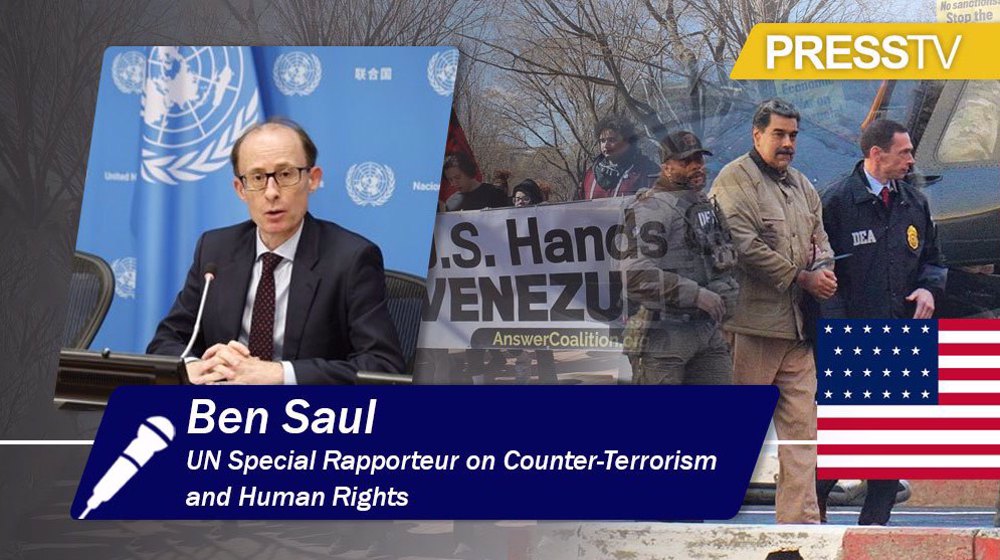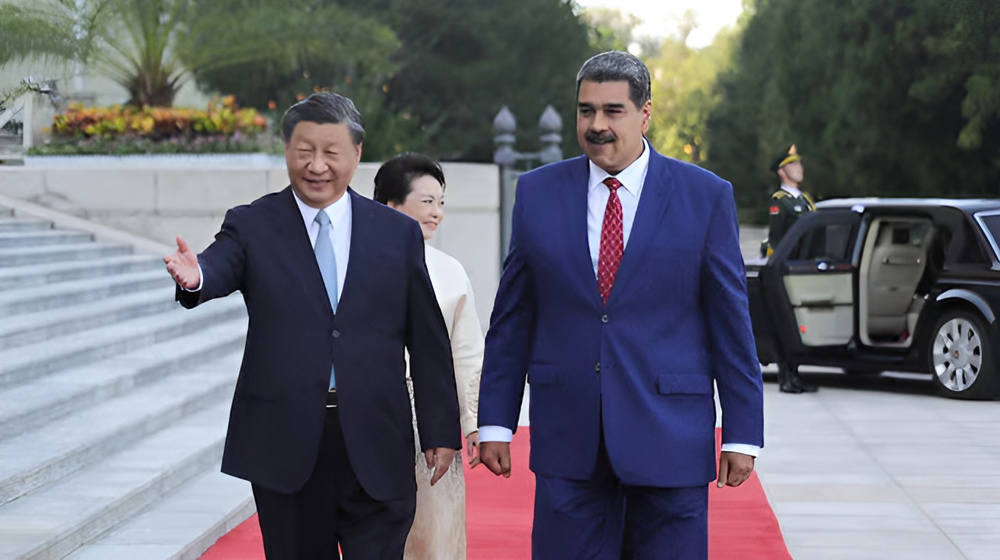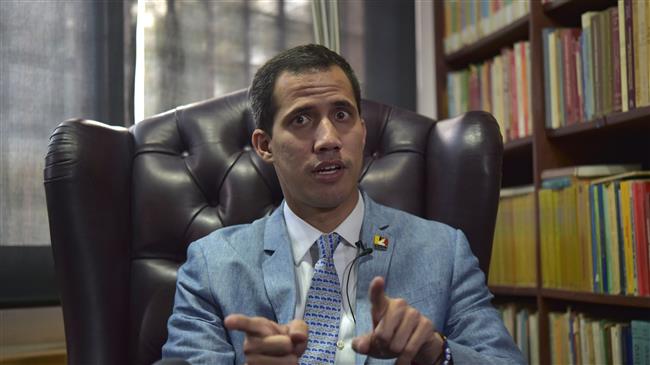UN chief still willing to mediate in Venezuela
United Nations Secretary-General Antonio Guterres has renewed his offer to help mediate “serious negotiations” between the elected government of Venezuelan President Nicolas Maduro and opposition figure Juan Guaido, who has declared himself “interim president” of Venezuela.
Guterres renewed the offer during talks with Venezuelan Foreign Minister Jorge Arreaza in New York on Monday.
“The secretary-general reaffirmed that his offer of good offices to both parties [in Venezuela] remains available for serious negotiation to help the country out of the present standoff for the benefit of the people of Venezuela,” said Guterres’ spokesman, Stephane Dujarric.
Guterres had initially offered the UN’s “good offices” to the Venezuelan government and opposition last week.
The UN chief had said both the opposition and the government of Venezuela must request his mediation before he could step into a crisis that has plagued Venezuela since last month, when Guido declared himself the “interim president” of the country.
Guido’s self-declaration was immediately recognized by the administration of US President Donald Trump, which also announced sanctions on Venezuela’s oil industry to funnel income from the country’s main oil exporter to Guaido.
The US has repeatedly threatened Venezuela with military action to oust the Maduro government.
The Venezuelan military, which has remained loyal to the government, is currently carrying out large-scale drills across the country to bolster its combat readiness for any possible invasion.
The US has also presented to the Security Council a draft resolution that would call for an early presidential election, a move that is widely expected to trigger strong opposition from Russia and China, which have rejected foreign interference in Venezuela.
Maduro, who was elected for a second six-year term last year, has ruled out another presidential election before its scheduled date. He has accused Washington of openly calling for a coup by supporting the opposition and its calls for an early presidential election. But the Venezuelan military has agreed to early parliamentary elections.
Venezuela faces an economic crisis, including in the form of shortages of foodstuff and medicine. The government has been trying to adequately resupply those items.
Caracas organized a “medical day” on Monday to distribute medicine among the people.

Supporters, opponents of Maduro to rally on Tuesday
Meanwhile, Guaido took to Twitter late on Monday to call on his supporters to take to the streets on Tuesday and call on Maduro to let “humanitarian aid” into the country.
“We will return to the streets... to demand the entry of humanitarian aid that will save the lives of more than 300,000 Venezuelans that today are at risk of dying,” Guaido wrote. “This is a time to unite and fight!”
He was apparently referring to the “humanitarian aid” dispatched by the US. Caracas has banned the entry of that aid into the country, saying it is meant to advance plans for a coup designed by Washington.
The supporters of President Maduro have also said they will rally in Caracas on Tuesday to “demand respect of the fatherland’s sovereignty.” Guaido has formerly said he may “authorize” US military intervention in the country.
The president has already called on all Venezuelans to unite “for the defense of sovereignty and peace.”
Wave of Israeli attacks target southern Lebanon in latest ceasefire violation
Iranian researchers develop indigenous software for precise satellite positioning
Iran vows deterrent response to any aggression amid US, Israeli threats
VIDEO | Press TV's news headlines
US pressure contributing to Israeli influence in Latin America: Experts
‘Enough orders from Washington’: Venezuela’s interim president slams US pressure
US officials defend fatal shooting as video contradicts government statement
VIDEO | UK Activists plan new flotilla to break Gaza siege















 This makes it easy to access the Press TV website
This makes it easy to access the Press TV website